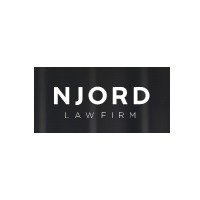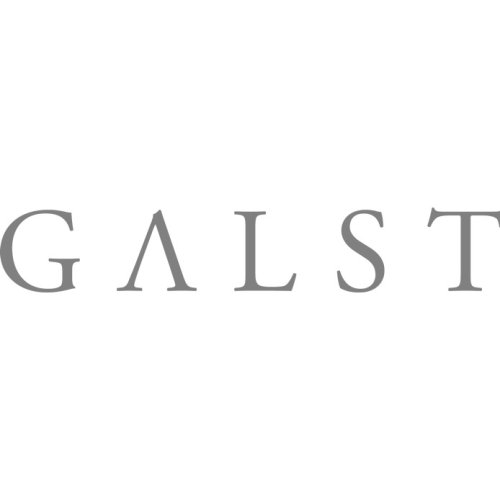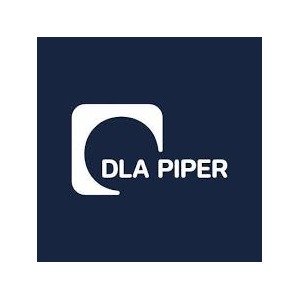Best Creditor Lawyers in Copenhagen
Share your needs with us, get contacted by law firms.
Free. Takes 2 min.
List of the best lawyers in Copenhagen, Denmark
About Creditor Law in Copenhagen, Denmark
Creditor law, also termed as insolvency law, deals with legal statutes related to debt recovery and bankruptcy. In Copenhagen, it forms part of the broader Danish insolvency law, incorporating measures to protect creditors, safeguard borrowers from excessive indebtedness, and regulate bankruptcy proceedings. Its aim is to ensure a fair balance of rights and responsibilities between creditors and debtors, while maintaining the stability of the Danish financial system.
Why You May Need a Lawyer
Considerations regarding insolvency, credit recovery, and bankruptcy can be complex and challenging. This particularly applies in situations of business insolvency or personal bankruptcy, enforcement of a high-value loan, and cases of cross-border insolvency. A professional and experienced attorney specializing in creditor law can provide knowledge about the legal framework, and provide advice on choices, implications, and work towards protecting your interests.
Local Laws Overview
The Danish Insolvency Act (Konkursloven) and Danish Bankruptcy Act (Betalingsstandsloven) are core legislations relating to creditor law in Copenhagen. They provide a comprehensive legal framework for insolvency proceedings, debtor protection, and creditors' rights. Denmark also adheres to EU’s insolvency regulations, making its insolvency law standards applicable throughout Europe.
Frequently Asked Questions
What rights do creditors have in Denmark?
Upon a debtor's insolvency, creditors have the right to file a petition for bankruptcy, participate in creditor meetings, and claim their debts. The Bankruptcy Act provides a ranking system which determines the authority and priority of each creditor's claim.
What protection is offered to debtors facing insolvency?
Danish debtor protection measures include stay of enforcement actions, restructuring procedures, and possibilities of debt reorganization or reduction. A debtor may also apply for insolvency to avert potential bankruptcy and negotiate new terms with creditors.
Who oversees bankruptcy proceedings?
The Bankruptcy Court in Copenhagen oversees official bankruptcy proceedings. They appoint a trustee to administer the debtor's estate and ensure fair distribution of assets among creditors.
Is cross-border insolvency recognized?
Denmark, being a member of the EU, adheres to EU insolvency regulations, which provide guidelines on cross-border insolvency cases. This includes circumstances where a debtor may have assets or creditors in multiple countries.
Can I dispute a claim by a creditor?
Yes. In Denmark, a debtor has the right to contest a creditor's claim. Disputes are usually resolved by a court-appointed trustee or the court itself. Legal counsel is recommended in such scenarios.
Additional Resources
The Danish Business Authority (Erhvervsstyrelsen) is a major resource in understanding creditor law in Denmark as it offers information on business legislation, the Danish Bankruptcy Register, and guides on insolvency procedures. Additionally, the Association of Danish Insolvency Attorneys (Foreningen af Insolvensadvokater) provides access to specialized attorneys and educative material.
Next Steps
If you need legal assistance in creditor-related matters in Copenhagen, start by seeking an attorney specializing in Danish creditor law. It's important to take the initiative as early as possible, especially in cases of potential insolvency, to protect your interests and explore all available legal options. Remember, in legal matters, thoroughness and foresight can save significant time, money and stress.
Lawzana helps you find the best lawyers and law firms in Copenhagen through a curated and pre-screened list of qualified legal professionals. Our platform offers rankings and detailed profiles of attorneys and law firms, allowing you to compare based on practice areas, including Creditor, experience, and client feedback.
Each profile includes a description of the firm's areas of practice, client reviews, team members and partners, year of establishment, spoken languages, office locations, contact information, social media presence, and any published articles or resources. Most firms on our platform speak English and are experienced in both local and international legal matters.
Get a quote from top-rated law firms in Copenhagen, Denmark — quickly, securely, and without unnecessary hassle.
Disclaimer:
The information provided on this page is for general informational purposes only and does not constitute legal advice. While we strive to ensure the accuracy and relevance of the content, legal information may change over time, and interpretations of the law can vary. You should always consult with a qualified legal professional for advice specific to your situation.
We disclaim all liability for actions taken or not taken based on the content of this page. If you believe any information is incorrect or outdated, please contact us, and we will review and update it where appropriate.
















